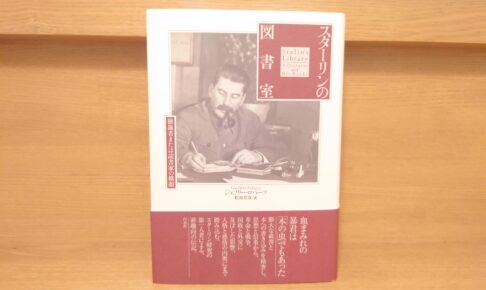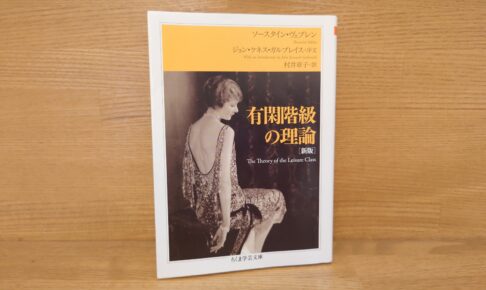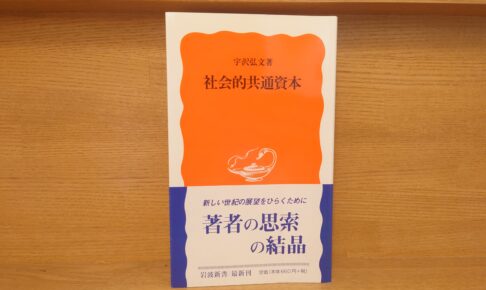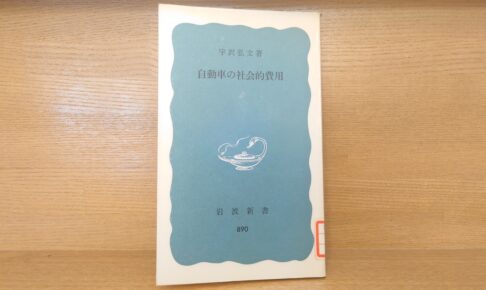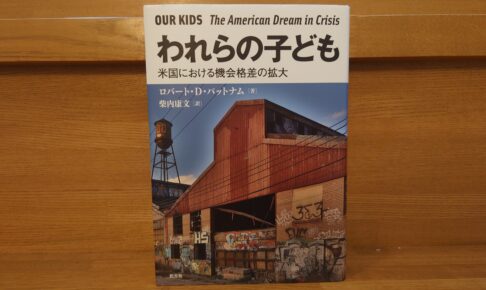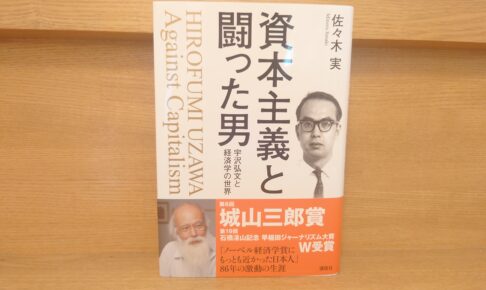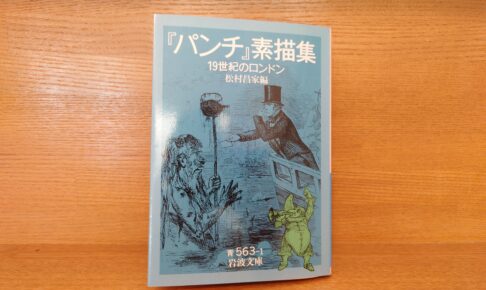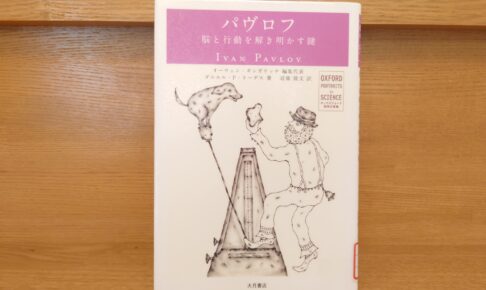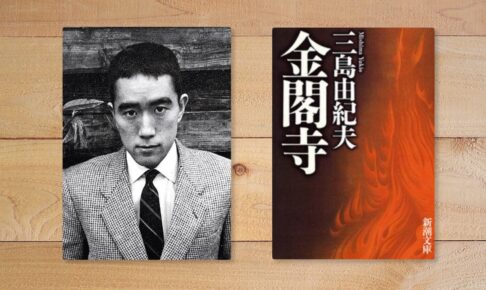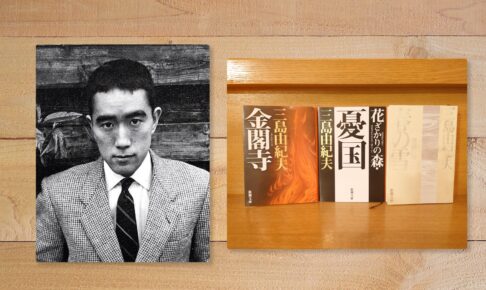Koichi Matsumoto, "What is the Chinese Religion, Taoism" - Recommended as an introduction to Taoism! Lots of photos and documents.
Taoism is so deeply rooted in the lives of the Chinese people. And interestingly, it is also mixed with Confucianism and Buddhism and is still believed in today. This is similar to the way Japanese people practice their religion.
Taoism is not easy for Japanese to visualize, but this book is visually friendly with many photos and documents.
I am also pleased that the explanations are designed to be easy to read and understand even for beginners.
I highly recommend this book as an introduction to Taoism.













